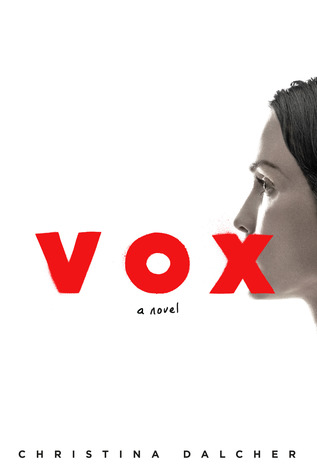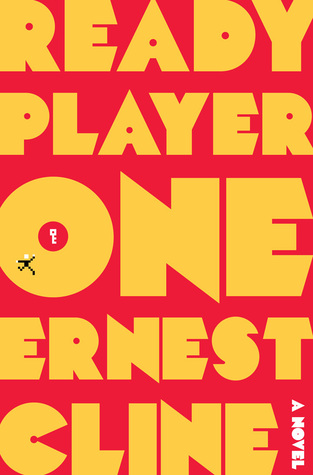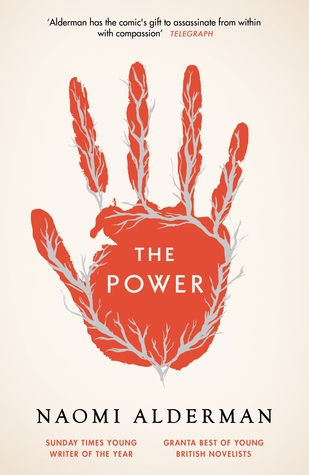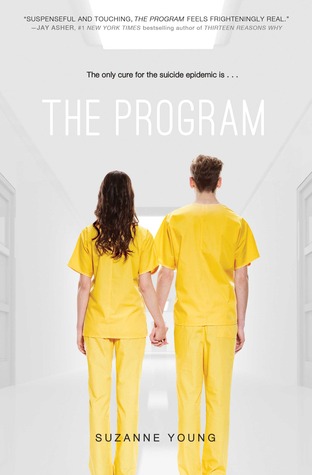I’ve mentioned before that I love dystopian fiction, especially books that imagine women’s experiences in those societies. Ever since I read The Handmaid’s Tale, I’ve constantly been looking for similar texts. It’s hard to compare other dystopian works to THT because it’s a seminal work in both feminist and speculative fiction genres.
I think I found Vox by Christina Dalcher on one of those staff picks shelves in Barnes & Noble. The premise seemed interesting: in a not-too-distant America, women are allotted 100 words to speak per day. They are no longer allowed to work outside the home, read, or have social lives. Word counts are tracked on wrist counters: unpleasant Fitbits that instead of gently vibrate when you hit your 10,000 steps for the day, dole out an intense electric shock if you exceed your word allowance. The government, of course, is headed by men, as women have been removed from positions of power. Gay couples are forced to abandon their relationships, or be forced into prison where they must share a cell with a member of the opposite sex. Outspoken and defiant feminists are sent to concentration camps to complete forced labor.
Dr. Jean McClellan is a flawed protagonist, convinced that the new government could never carry out its plans to silence women. While the leaders of the Pure Party were taking over the country, Jean remained silent, consumed by her own research. She married an intelligent man who also chose to stay out of politics, against the urging of her activist friend, Jackie. When the Pure Movement does take over, Jean loses her job, her voice, and is forced to raise her daughter in virtual silence. In a twist of fate, the president’s brother sustains a head injury while skiing and the government quickly puts together a team of scientists to create a serum to reverse the damages of the concussion. Jean is assigned to the team, her wrist counter is removed, and she’s able to resume normalcy until the problem is solved.
This book is so similar to THT, that some might not find it original. I don’t want to spoil everything, but here are some parallels I found:
- Jean is very similar to Offred (June): they’re both passive in politics leading up to the takeover by a fundamentalist group.
- Both protagonists partner with passive men and at times resent that their partners did not take more action.
- Each have an outspoken feminist co-pilot who understand the changes going into place.
- Each must decide if and how to rebel against the repressive patriarchal government.
- Dystopian nightmares where women are useless except for the government’s purpose (engineering a serum/breeding).
There are a lot more similarities and for some readers, it might be a little redundant. However, I enjoyed reading it: it’s fast-paced and interesting, although the ending did feel a bit rushed. I loved that Dalcher kept the female characters living alongside men who, of course, lost nothing. This dynamic put more strain on Jean’s relationships with her husband and sons and showed how men embrace or challenge oppressive patriarchies.
Publication info
Vox. Christina Dalcher, Berkeley, 2018.
ISBN: 0440000785
336 pages



